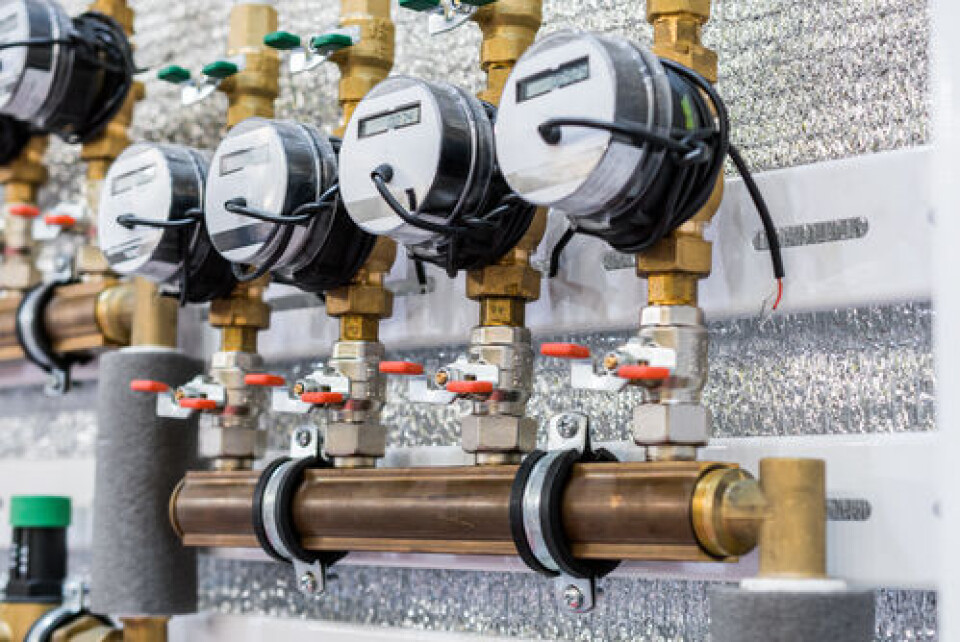-
Another French village bans drinking water for vulnerable people
Official advice has been issued on who is affected by the ban and why
-
Map: check the quality of your tap water in France
We explain how to use the free and interactive online tool
-
Water filters not working well in France, says consumer report
Pollutants can still be traced in water samples after filtration
Smart water meters let households track usage in France
Another big advantage of smart water meters is the detection and notification of leaks in real time

Most homes have Linky electricity meters – and now local authorities are using smart meters to detect water leaks more quickly and let households monitor consumption.
Instead of having a technician come around once or twice a year to take a water reading, this can be done remotely via radio waves.
It can mean replacing the existing meter, or simply attaching a transmission device.
Utility company Veolia has installed three million TéléO smart meters in France and Europe, including partnerships in Ile-de-France and Lyon.
The Suez group has created its own version – ON’connect – which has been rolled out in Dunkirk, Le Mans, and elsewhere.
Detect leaks in real time
One of the main objectives is to allow readings to be taken in real time, and thus to spot any anomalies which could be indicative of leaks.
Clients will receive an email or text message warning them of the problem.
It is estimated that one in five litres of drinking water is lost due to leaks, or 937 million cubic metres each year.
This is equivalent to the consumption of 18 million inhabitants. Most of this is lost before it arrives in homes.
The smart meter also means clients can track their water consumption on a daily basis and compare this across different periods of time, using a computer or smartphone.
Clients are then charged based on how much water they actually use, rather than an estimation.
There are also advantages for towns that implement the smart meters.
During droughts, for example, they will be able to measure the impact of water restrictions and adapt their communications accordingly.
If your area has opted to roll out smart meters, you should receive a letter inviting you to arrange the installation.
It is possible to refuse the device, but this might mean having to pay for your meter readings in the future.
Related articles
Water bills in France set to rise between 6% and 12%
France must manage water better, researchers say after summer droughts
French man rescued after falling down hole while checking water meter
























